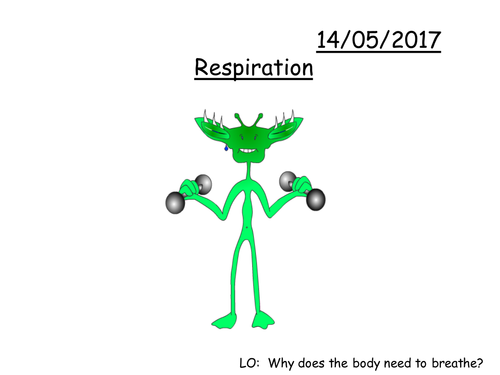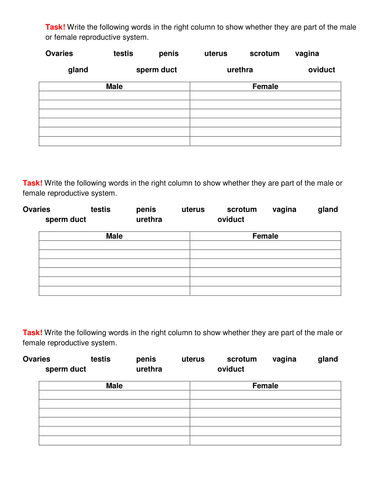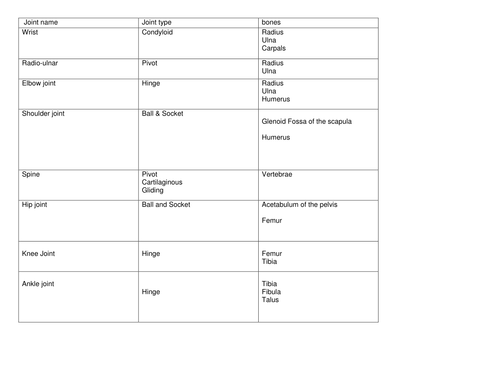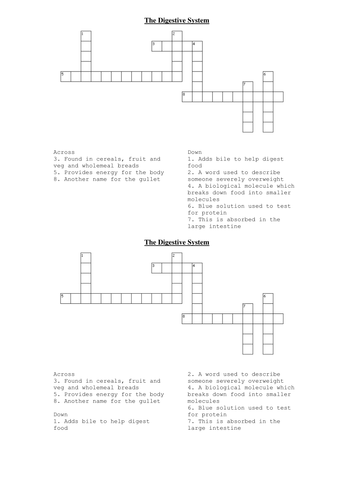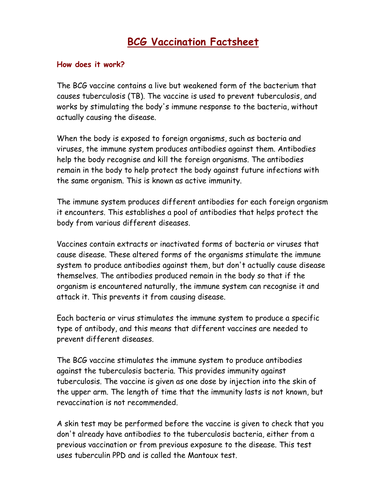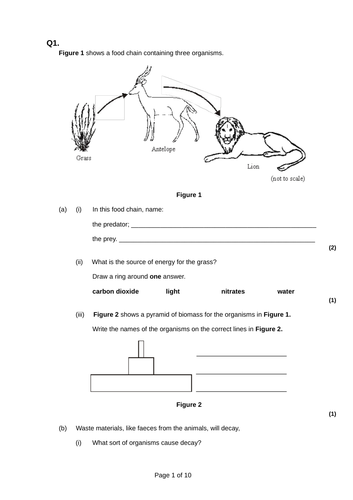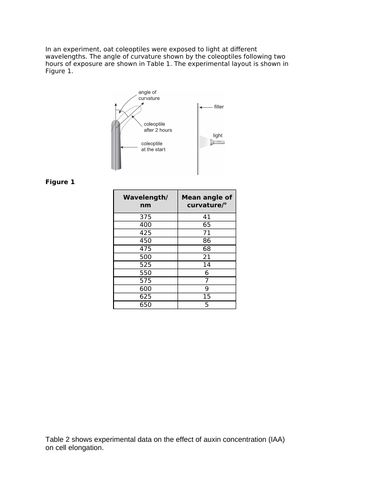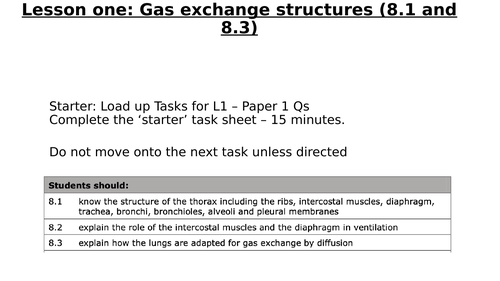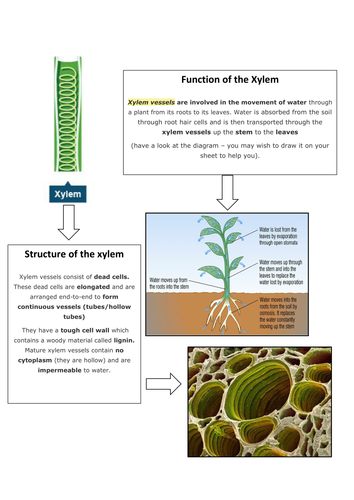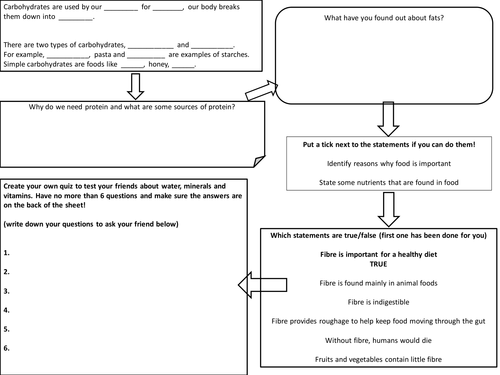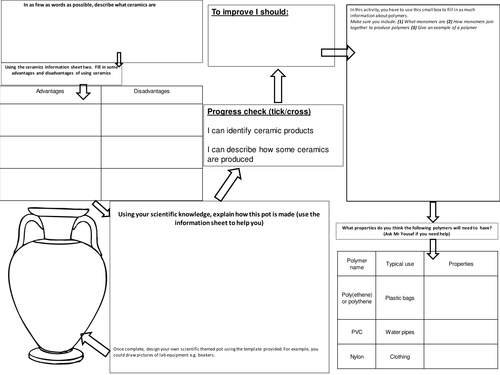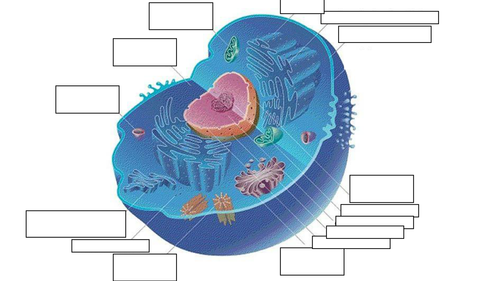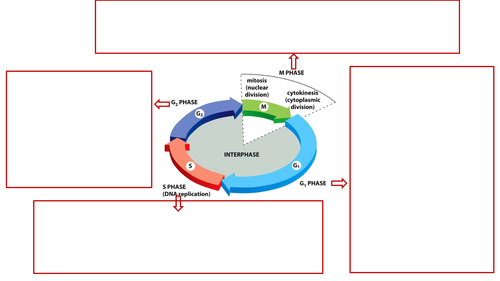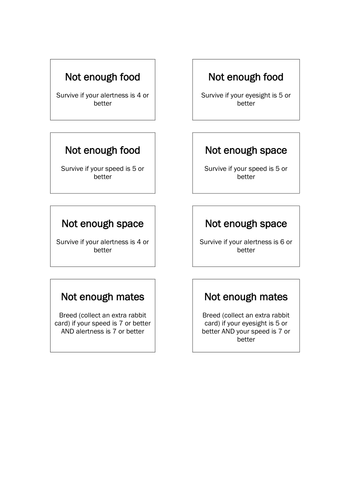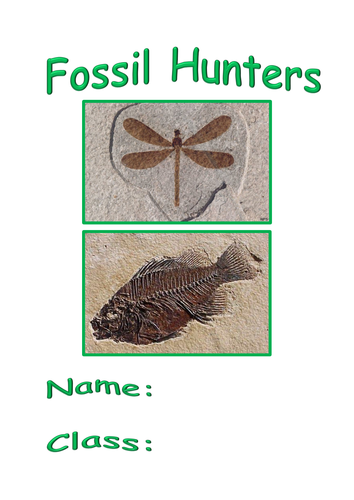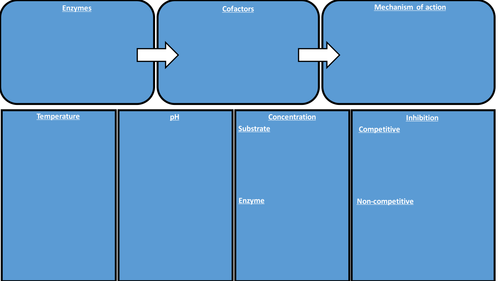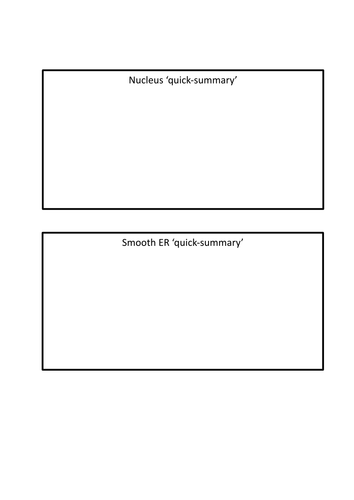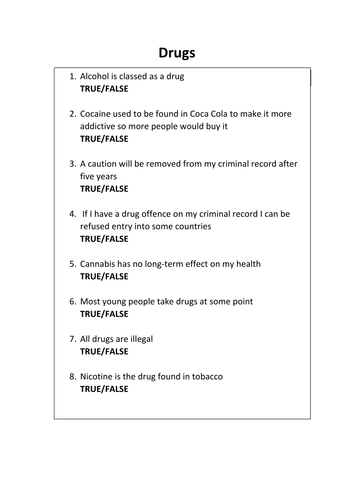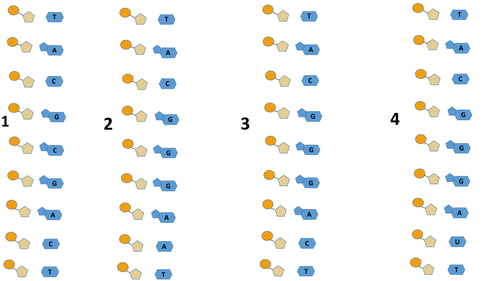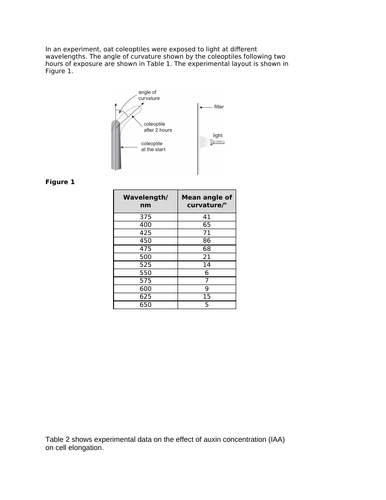
100Uploads
24k+Views
6k+Downloads
Biology

Respiration PPT'S
Contained is two powerpoints which introduce and consolidate the topic of respiration to the students, aimed at KS3, Years 8-9.

Menstrual Cycle & Reproduction
Contained is a powerpoint and starter activity for studying the menstrual cycle & reproduction. Aimed at Years 8-9, KS3

Muscles Lesson
Contained is a muscles powerpoint, a help sheet for lower ability students and a worksheet to consolidate the learning.

Digestion Lesson
Contained are a PowerPoint and a worksheet on an introduction to the topic of digestion. Aimed at Years 7-9, KS3.

Vaccination Lesson
Contained is an powerpoint about vaccines and a factsheet with questions, aimed at Years 7-9, KS3.

Plant responses - OCR A level Biology Unit
Fully resourced, sequenced with different resources and tasks.

Xylem, Phloem and Transpiration
Covers AQA new specification GCSE Biology.
Covers:
Structure & function of Xylem and Phloem
Transpiration
Factors affecting transpiration
Practical investigation (examining xylem and phloem under a microscope) HSW.
+ PPT

Nutrition and Diet
Pupils complete activity mat (print in A3) in groups, sharing the information sheets around (print sheets in A3).
Covers:
All the different types of nutrients
Sources of the nutrients
Has objective criteria, also has extension questions on the information sheets if some pupils finish earlier than others.

Properties of Materials
Covers:
Ceramics
Advantages and Disadvantages of using ceramics
How some ceramics are formed
Monomers
Polymers
Properties of Polymers
Pupils complete placemat activity where they have to fill in the various bits of information. Contains checks for pupils to show progress via self-assessment.
Included additionally:
A composite worksheet, where pupils have to design their own base-layer/composite.
Good for KS3 and KS4.

Eukaryotic and Prokaryotic cells
Instructions:
Pupils label features of prokaryotic and eukaryotic cells, can split the class in half and use A3-sized diagrams, first team to label the components wins.
Pupils then use the Venn diagram template to label the features, can also enhance this by reviews comparing the features of prokaryotic and eukaryotic cells e.g.
The origin of eukaryotes:
a reappraisal - (Duve, 2007)
Suitable for AS/A-level Biology

Cell cycle
Suitable for AS/A-level Biology
Pupils fill in the group activity using relevant resources e.g. books, the internet etc.
They can only use pictures in the boxes, they then have to convert the pictures to written information (cell cycle phases fill in table).

Natural selection
Natural selection card game - pupils play a board game to see which of them can survive!
Instructions are on the game edit worksheet

Fossils practical
Practical booklet for pupils to guide them through creating their own fossils using plaster of paris, and also covers fossil excavation.

Enzymes
Suitable for GCSE and AS/A level Biology
Pupils use the sheet (print in A3) to fill in and summarize understanding of enzymes, covers:
Enzyme function
Mechanism by which enzymes carry out their function
Factors affecting rate of enzymatic reactions.

Cell components
Resource sheets with information on different cell components and booklet style format.
Suitable for AS/A-level Biology

Drugs PSHE
Various activities for teaching drugs in PSHE.
1. Starter > True/false
2. Addiction perspective worksheet > Pupils complete worksheet and have a class discussion about addiction and the impact/consequences of drug use
3. Drugs fill in table > Fill in table with information on different drugs (information sheets attached as PPT - print in A3).

Transcription and translation
Suitable for AS/A-level Biology
Includes
Protein factory sheets and protein factory workbook
Using the sheets in groups (e.g. one of each per table) pupils have to work through the sheets by indicating the correct choice and answer questions on transcription and translation (see workbook).
Covers:
Transcription
Translation
DNA replication
Degeneracy of genetic code
Codon-anticodon pairing
The workbook provided is differentiated and scaffolded for pupils via questions having success criteria and also super-challenge questions as well.
Correct answers are on the worksheets, however, ensure that you explain clearly to students that they need to work through it systematically.

